
The Maryland Kids Code brings together parents, youth, medical professionals, partners organizations, and other experts to advocate for legislation to provide safety-by-design and privacy-by-default protections for kids and teens online.
Passed Legislation
Maryland Kids Code (HB-603)
Introduced by Delegates Jared Solomon (D-18) and C.T. Wilson (D-26), along with Maryland Senators Benjamin Kramer (D-19) and Chris West (R-42), the Maryland Kids Code unanimously passed out of the General Assembly on April 6, 2024 and signed into law by Governor Wes Moore on May 9, 2024.
The Kids Code requires privacy by design and default, and it requires online products and services reasonably likely to be accessed by children and teens under 18 to be age appropriate and designed in kids’ best interests. While Big Tech has now launched a bad-faith lawsuit to stop the Kids Code, our communities and lawmakers are continuing the fight to prioritize Maryland’s 1.4 million kids’ safety and wellbeing online.
Press Releases
Recent News
Local and State Coalition Partners








For more information on the Maryland Kids Code Coalition, please contact info@MDKidsCode.com.
